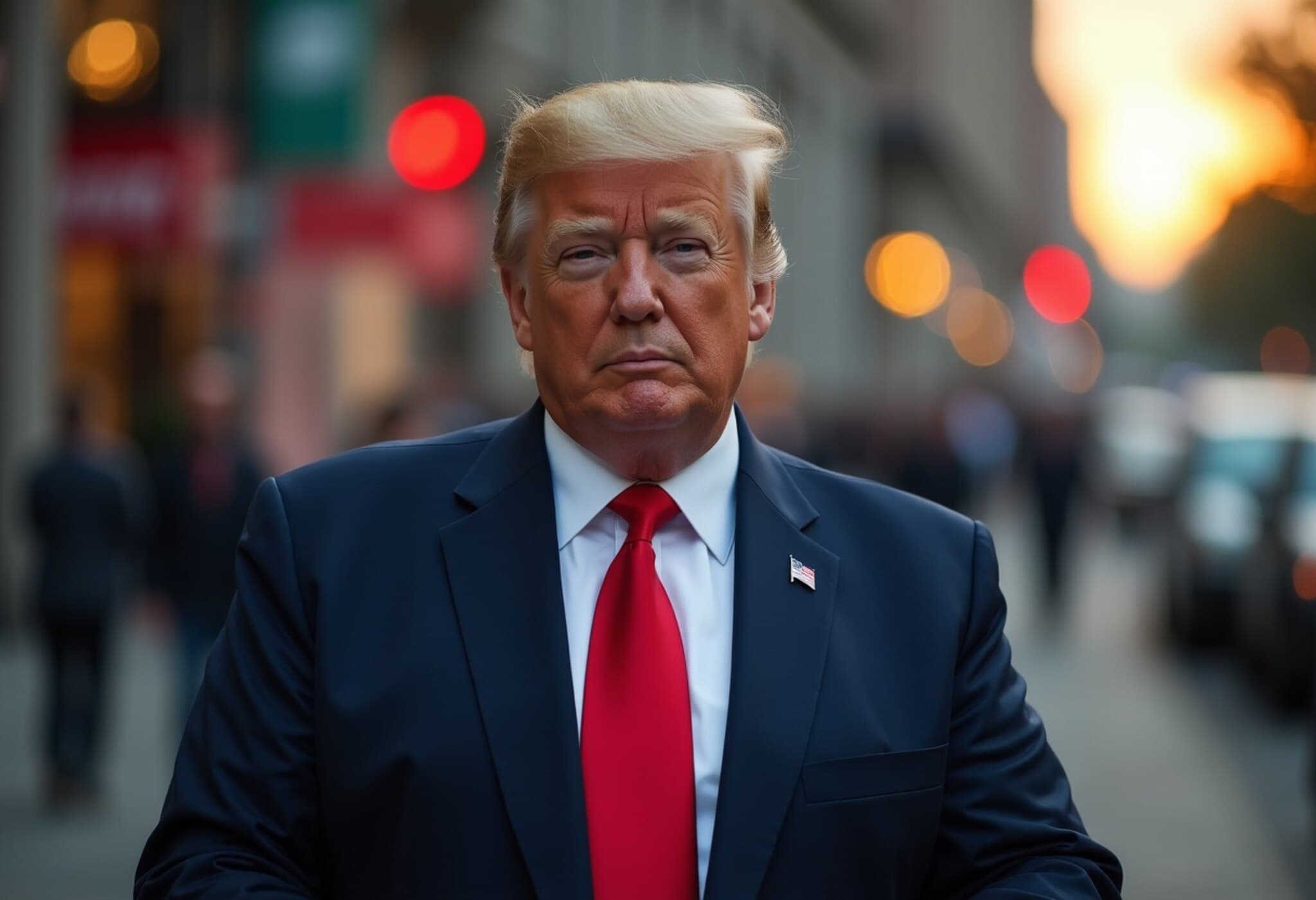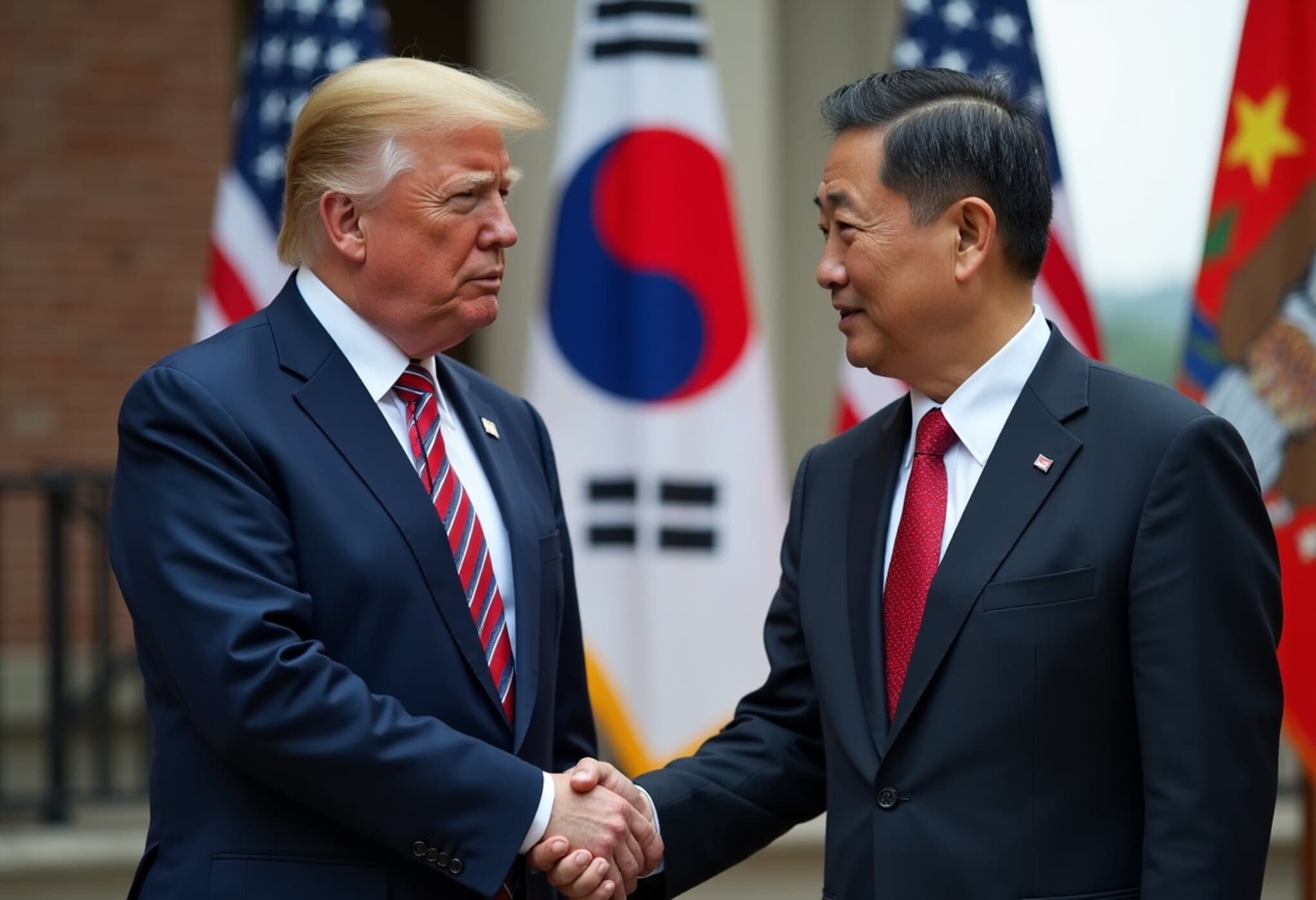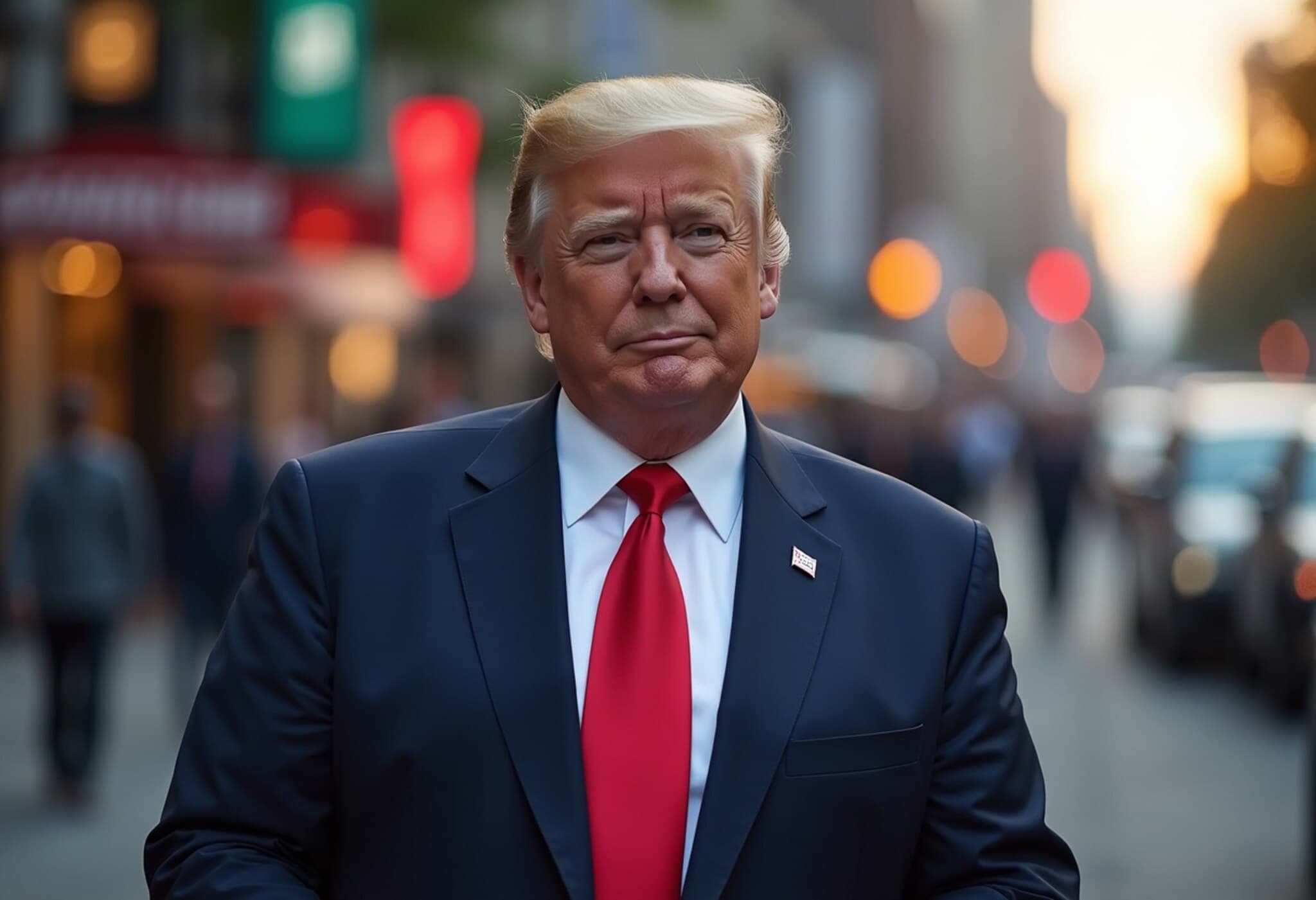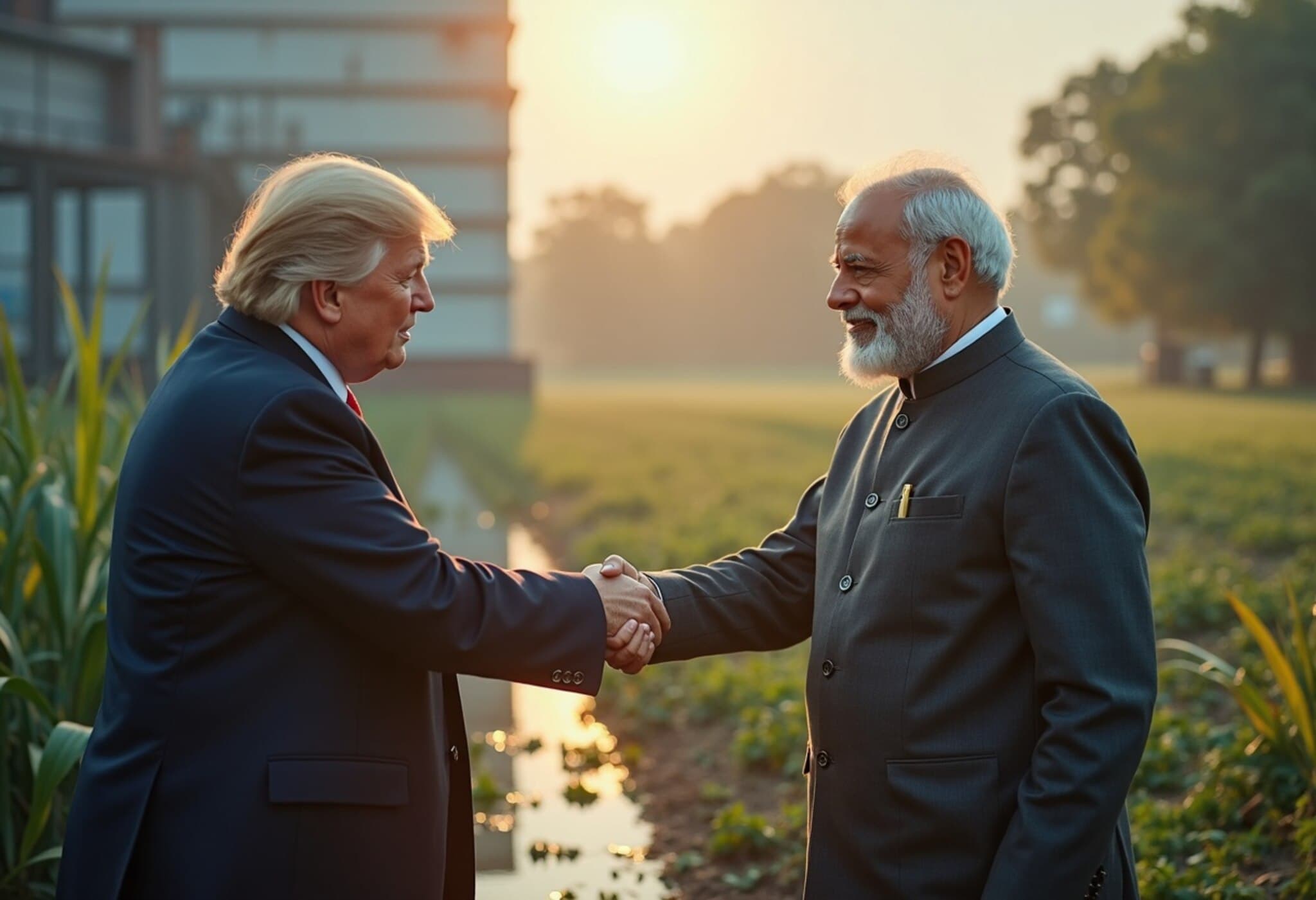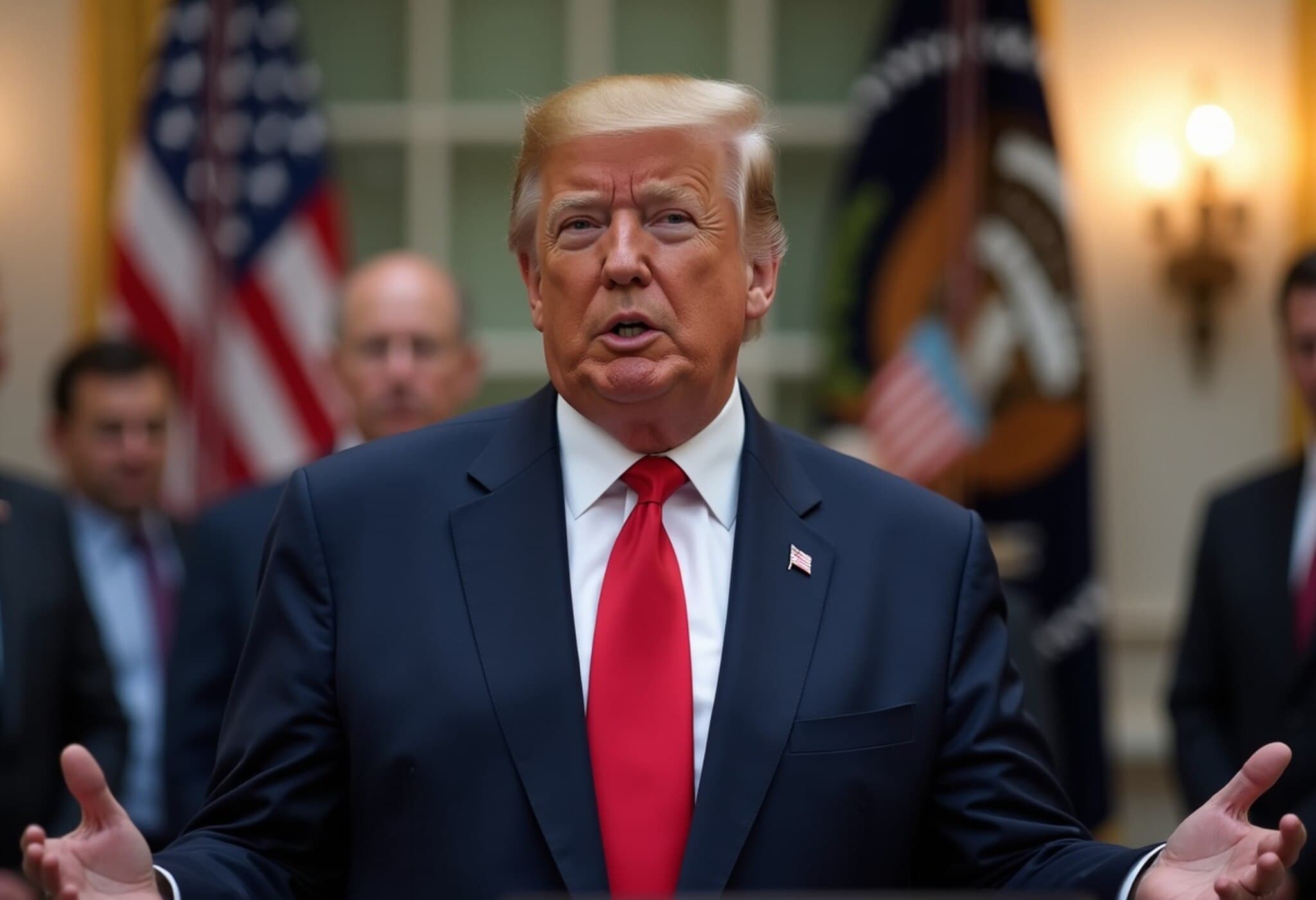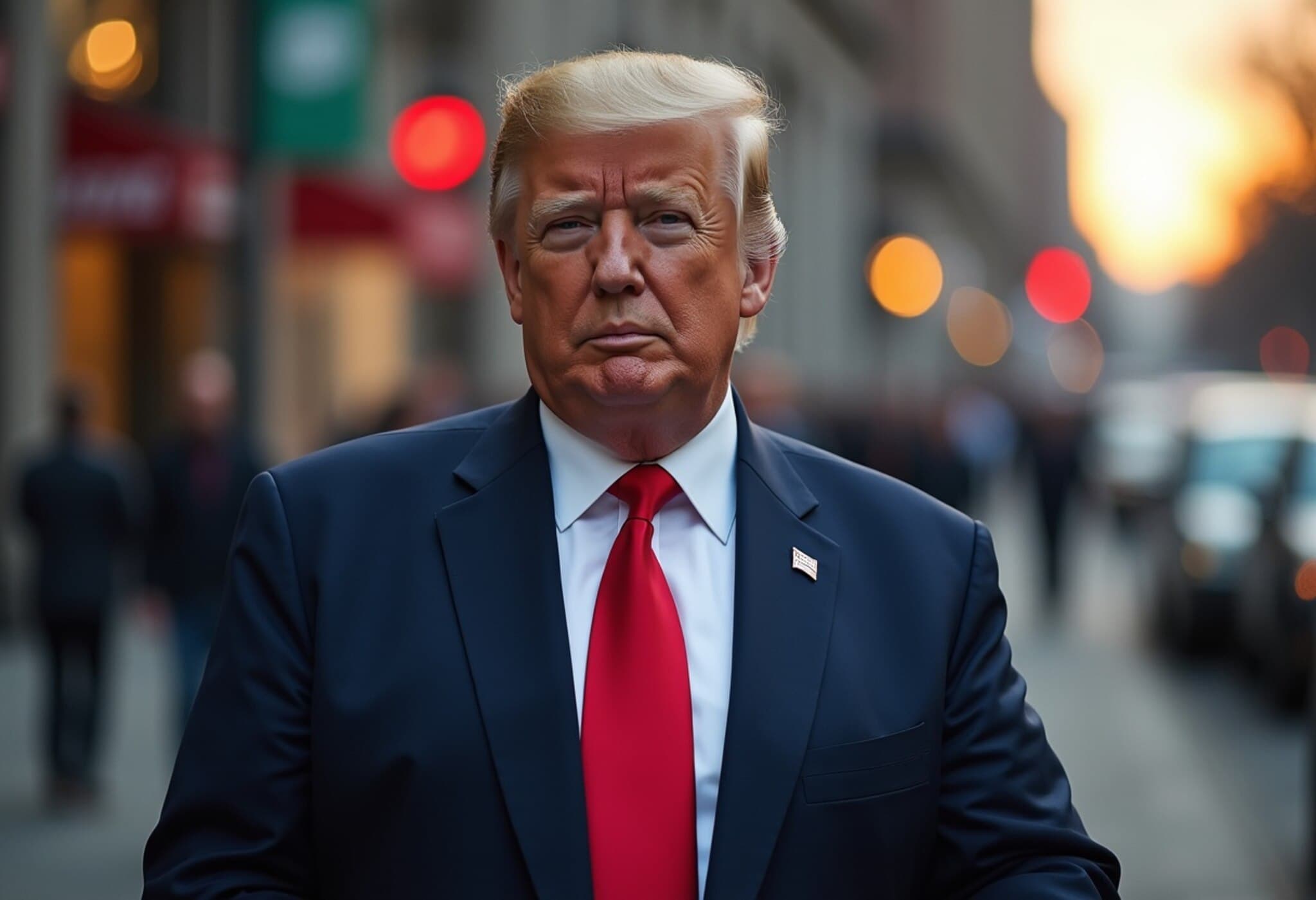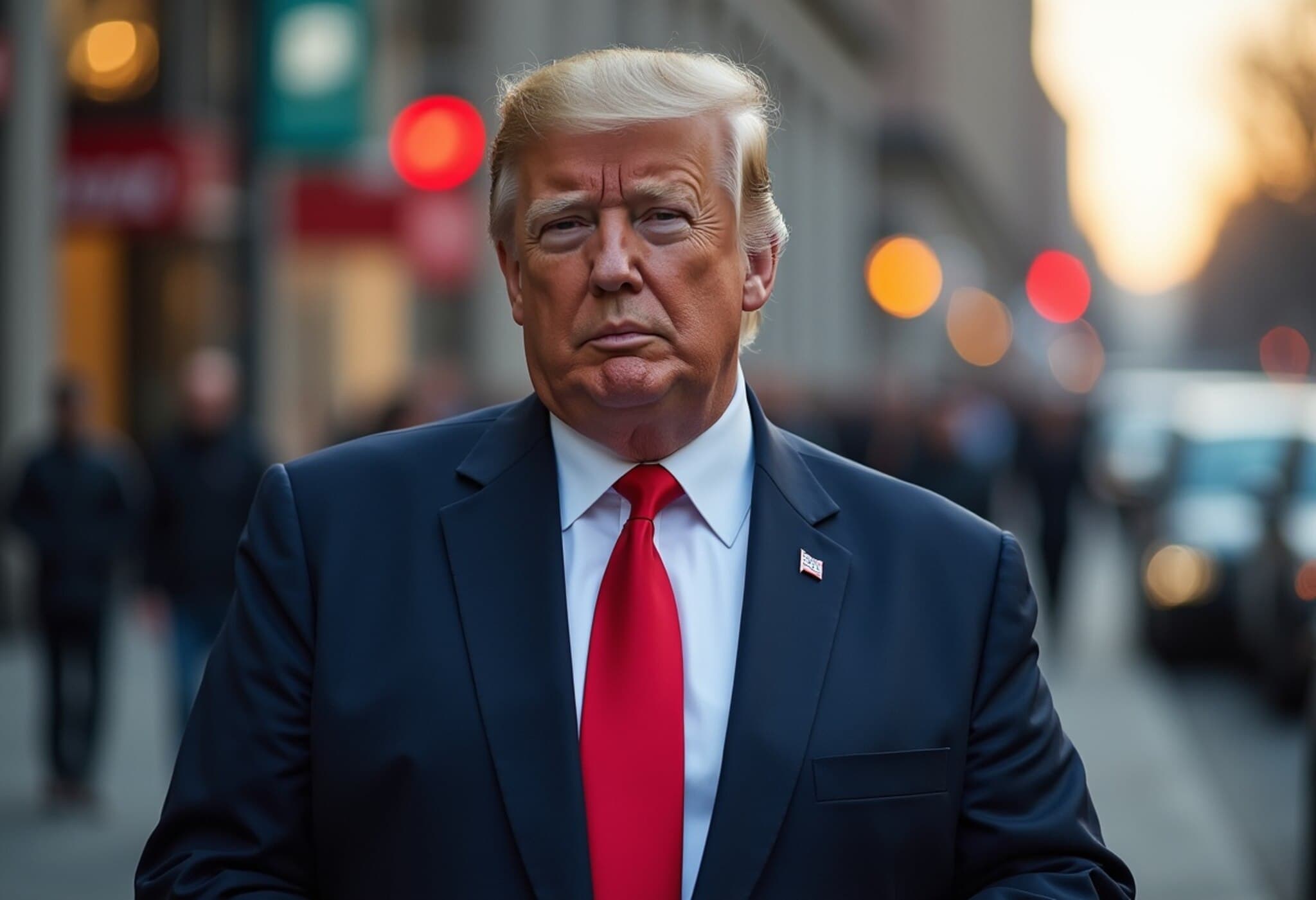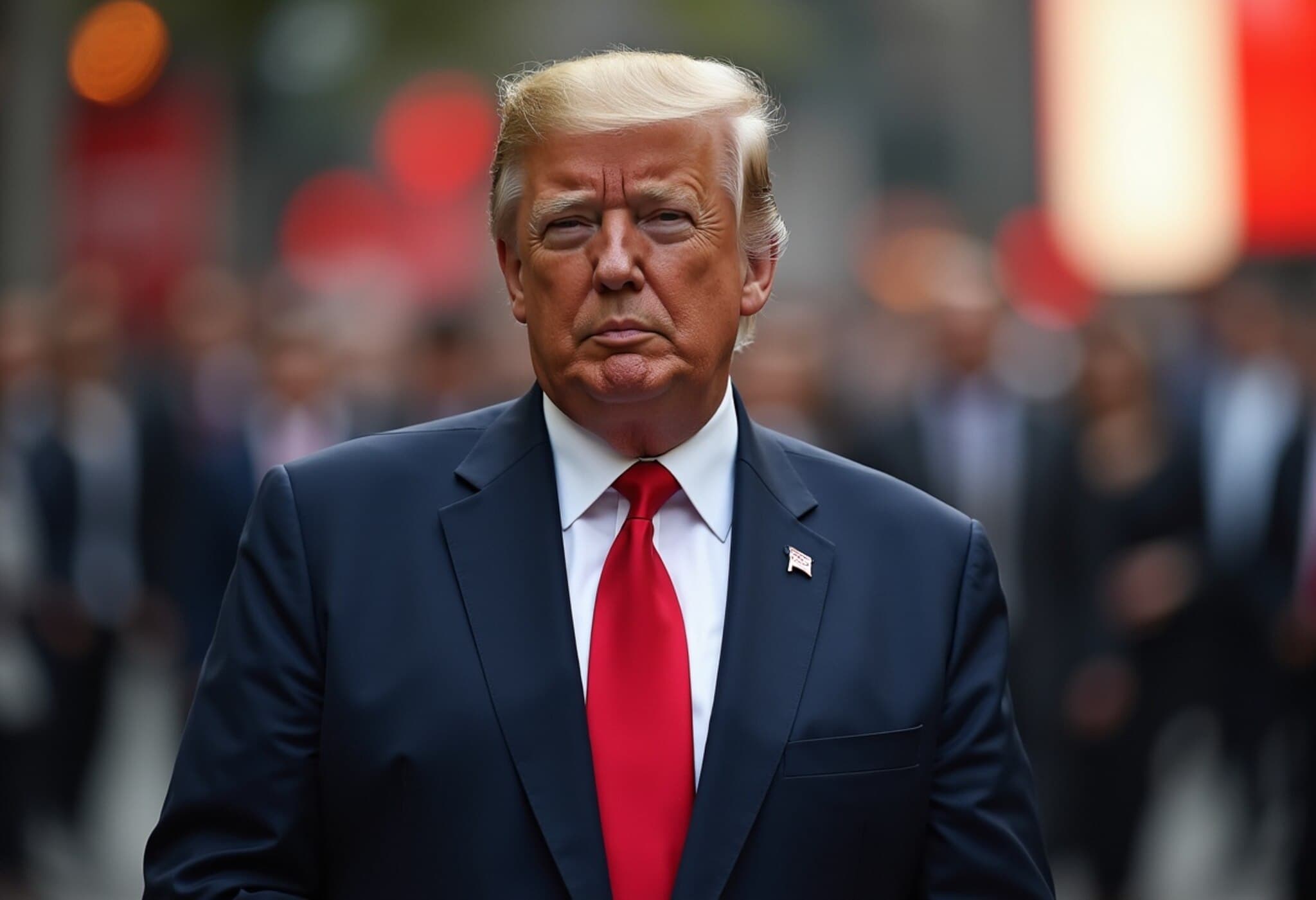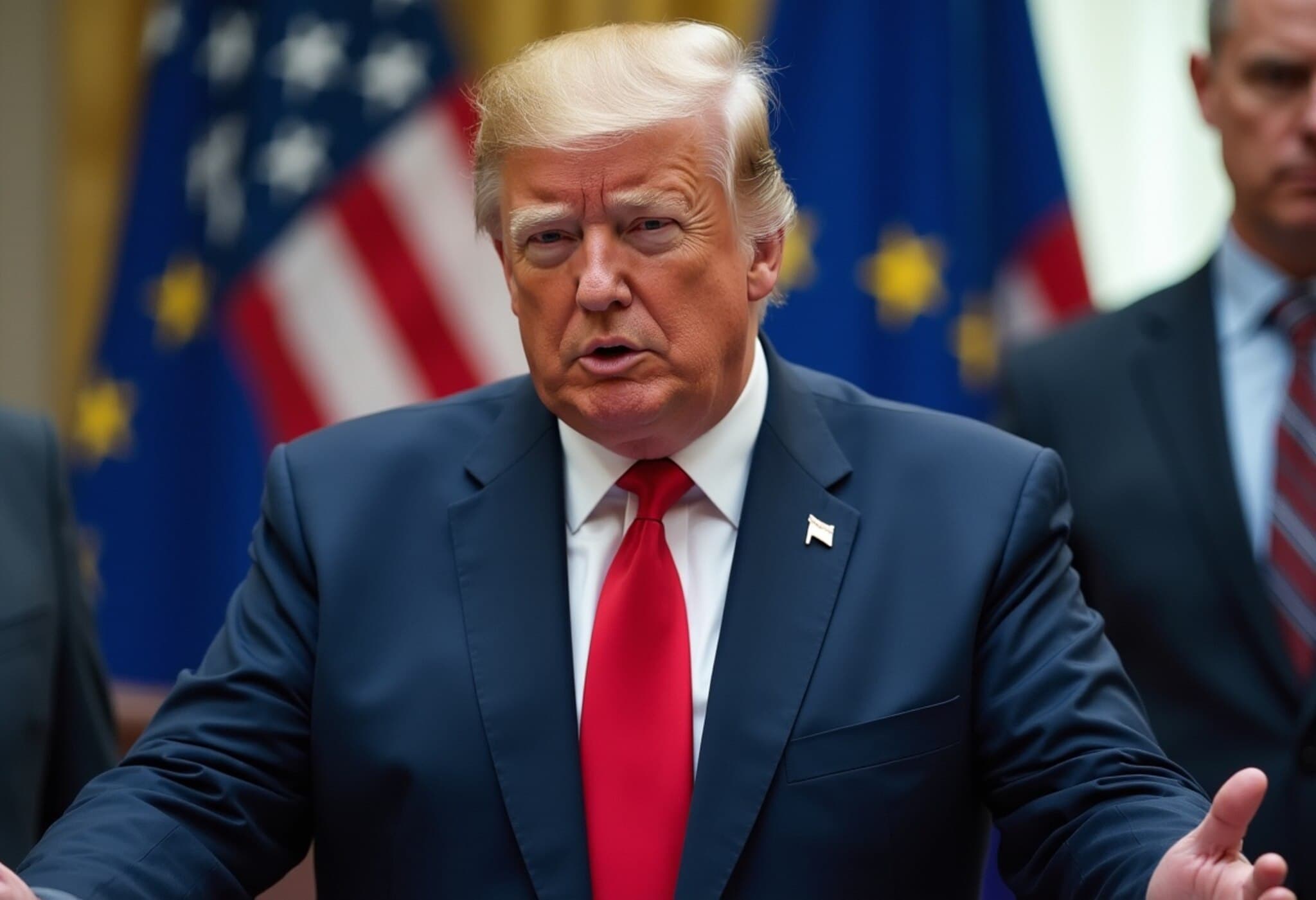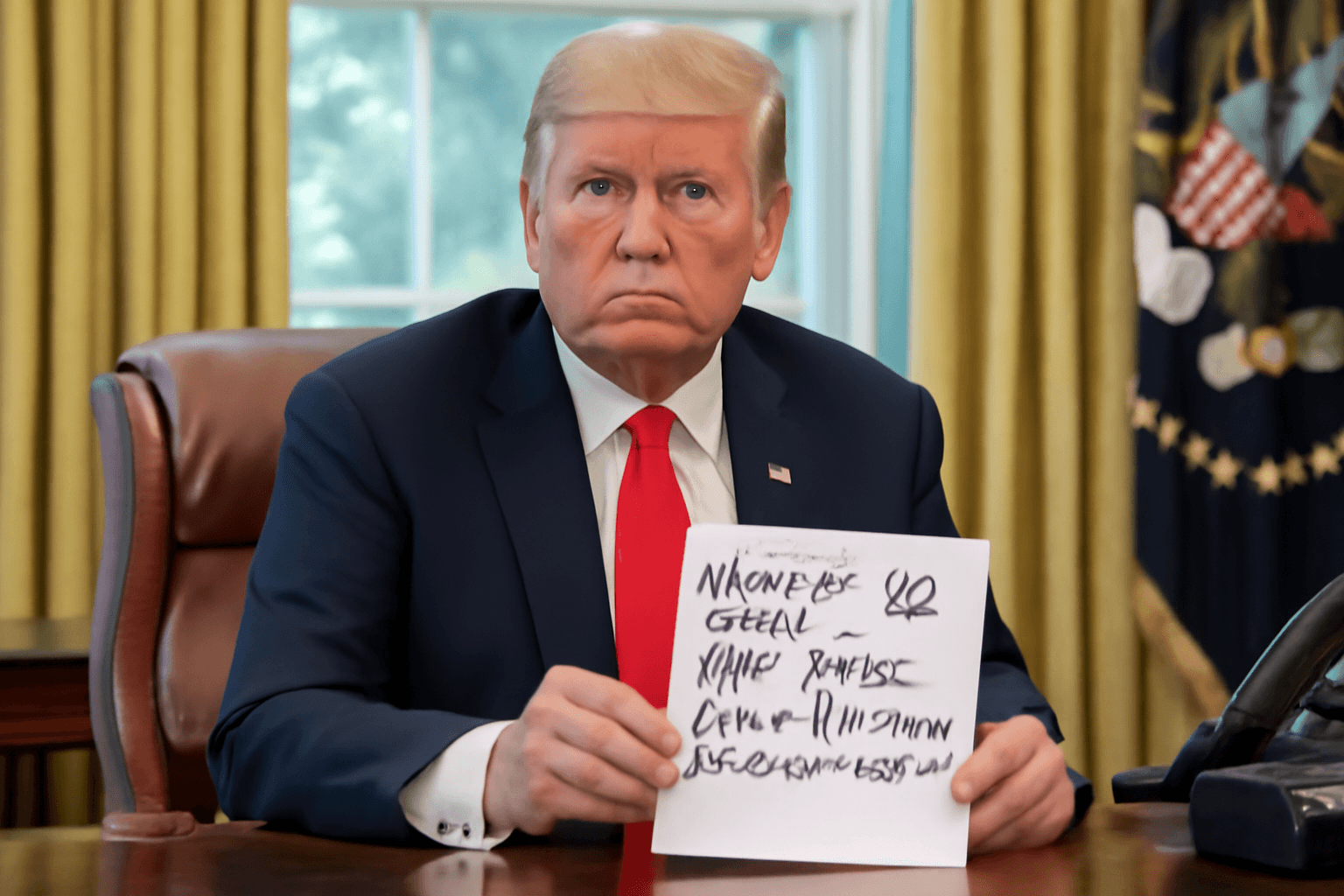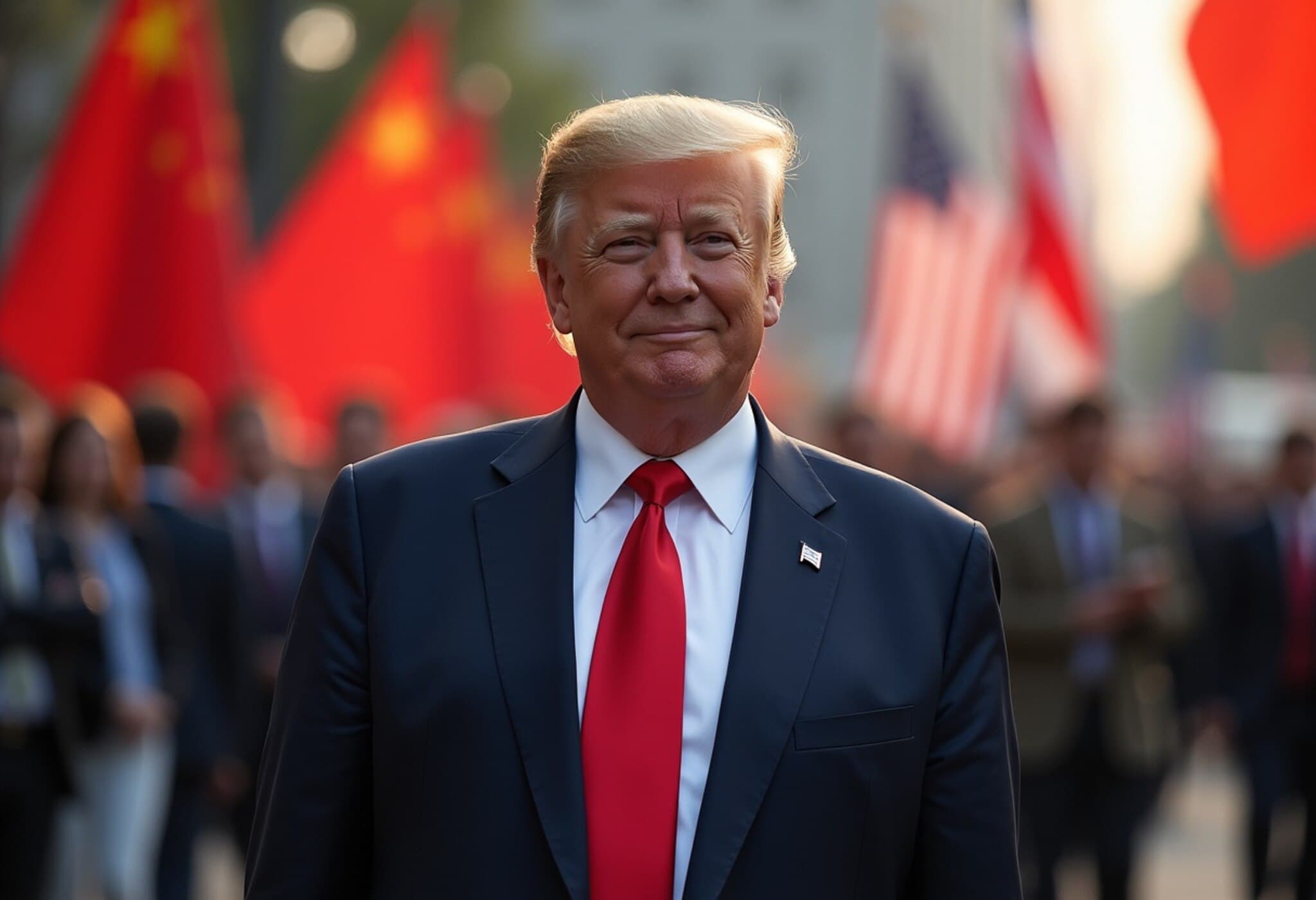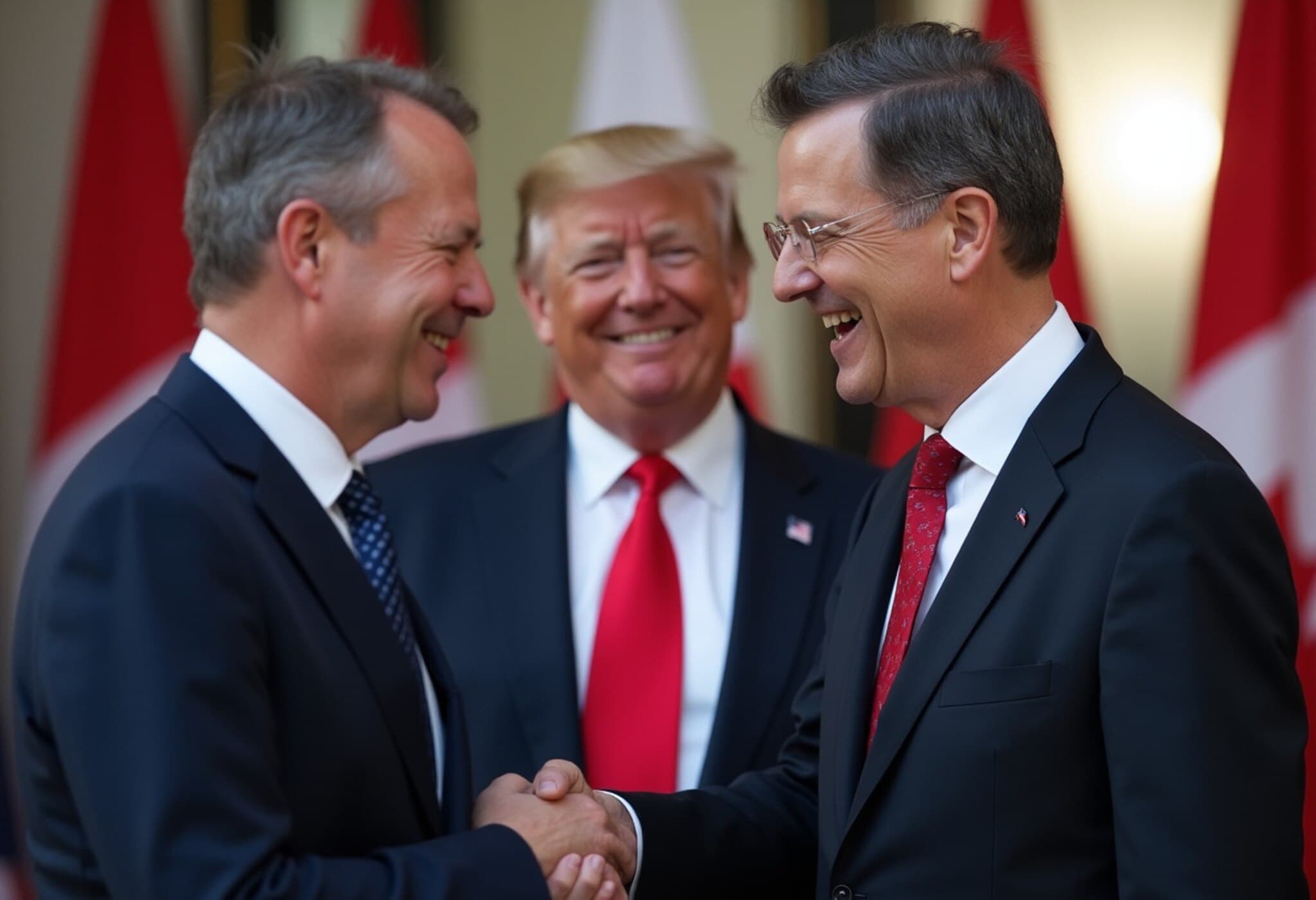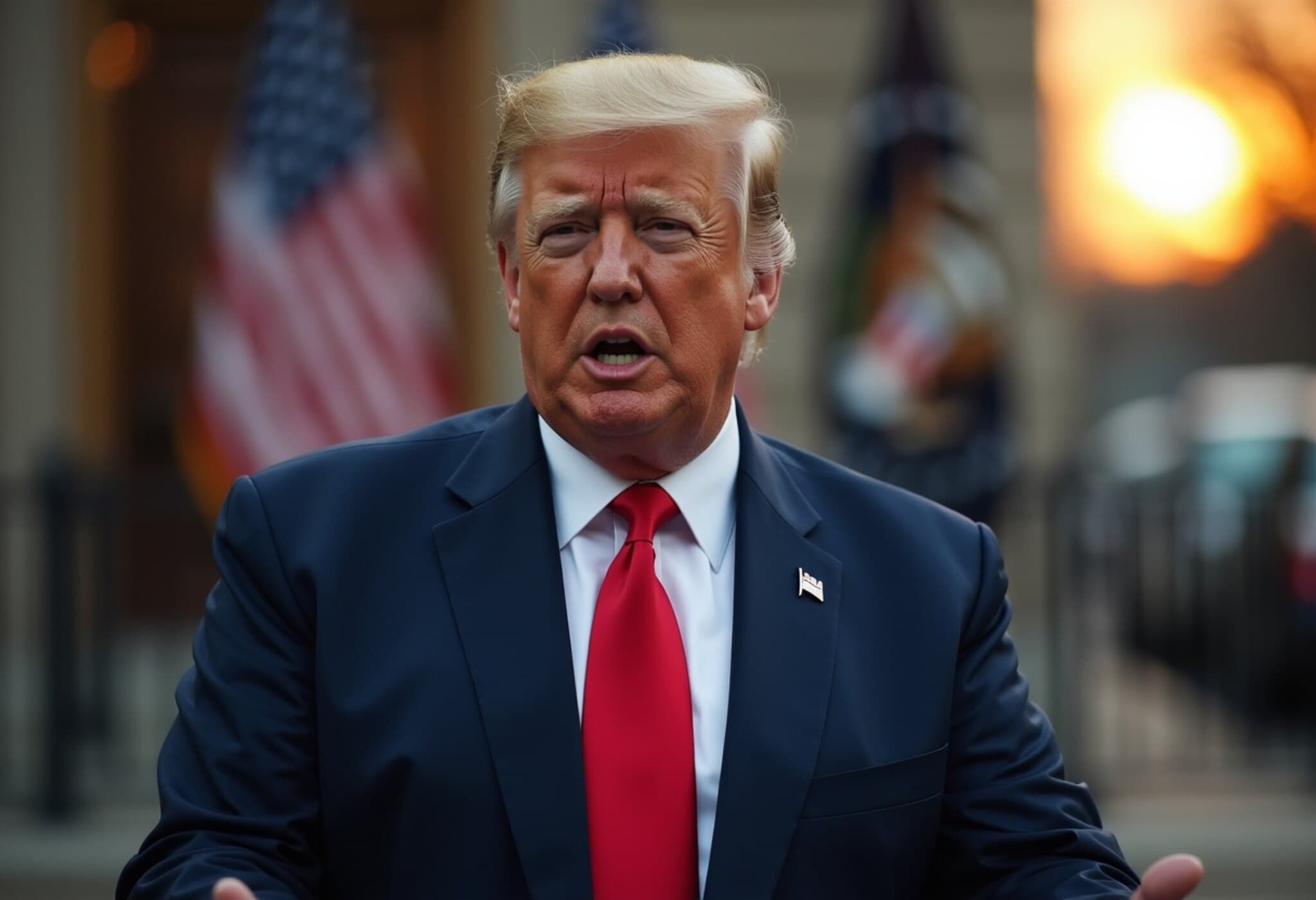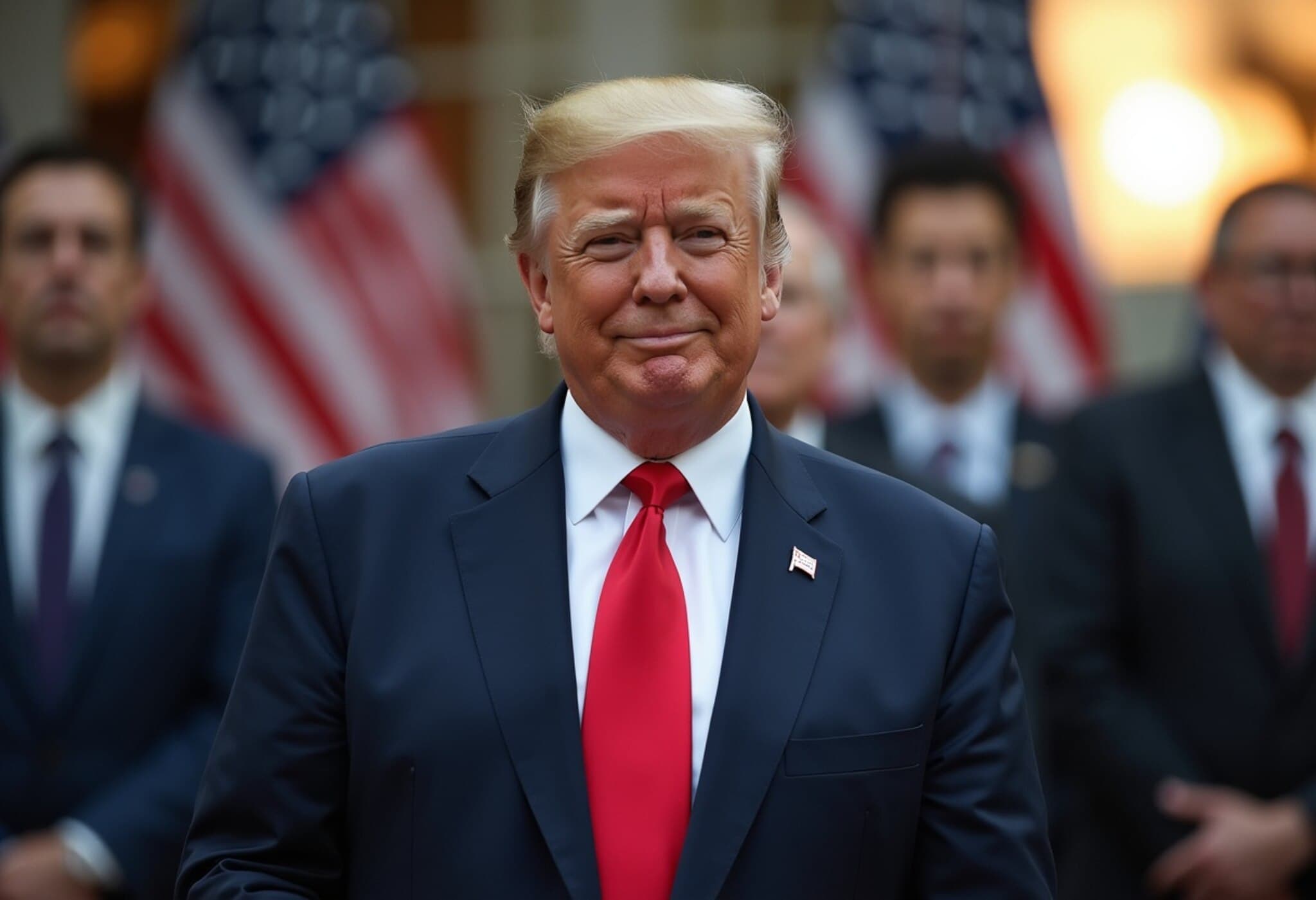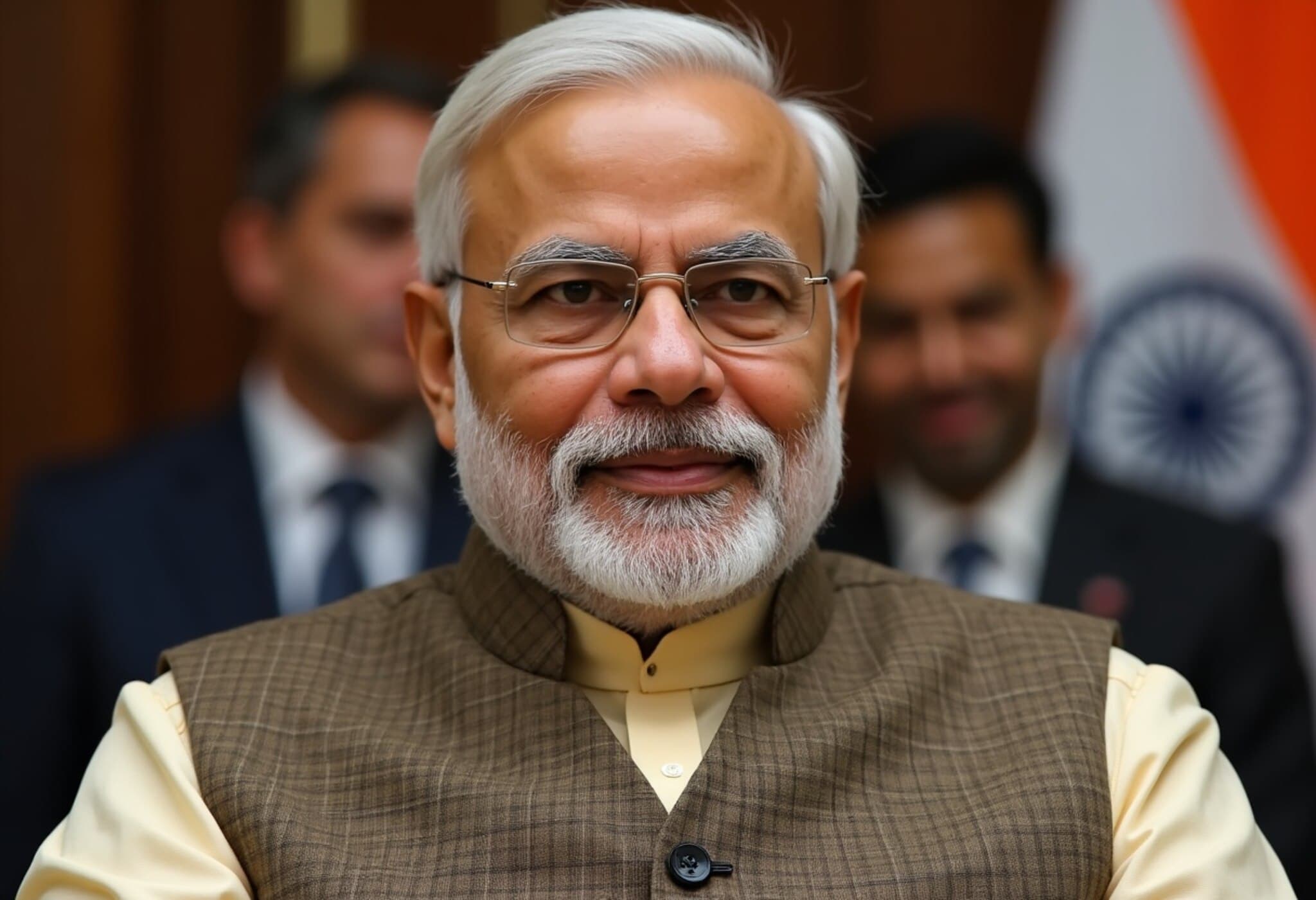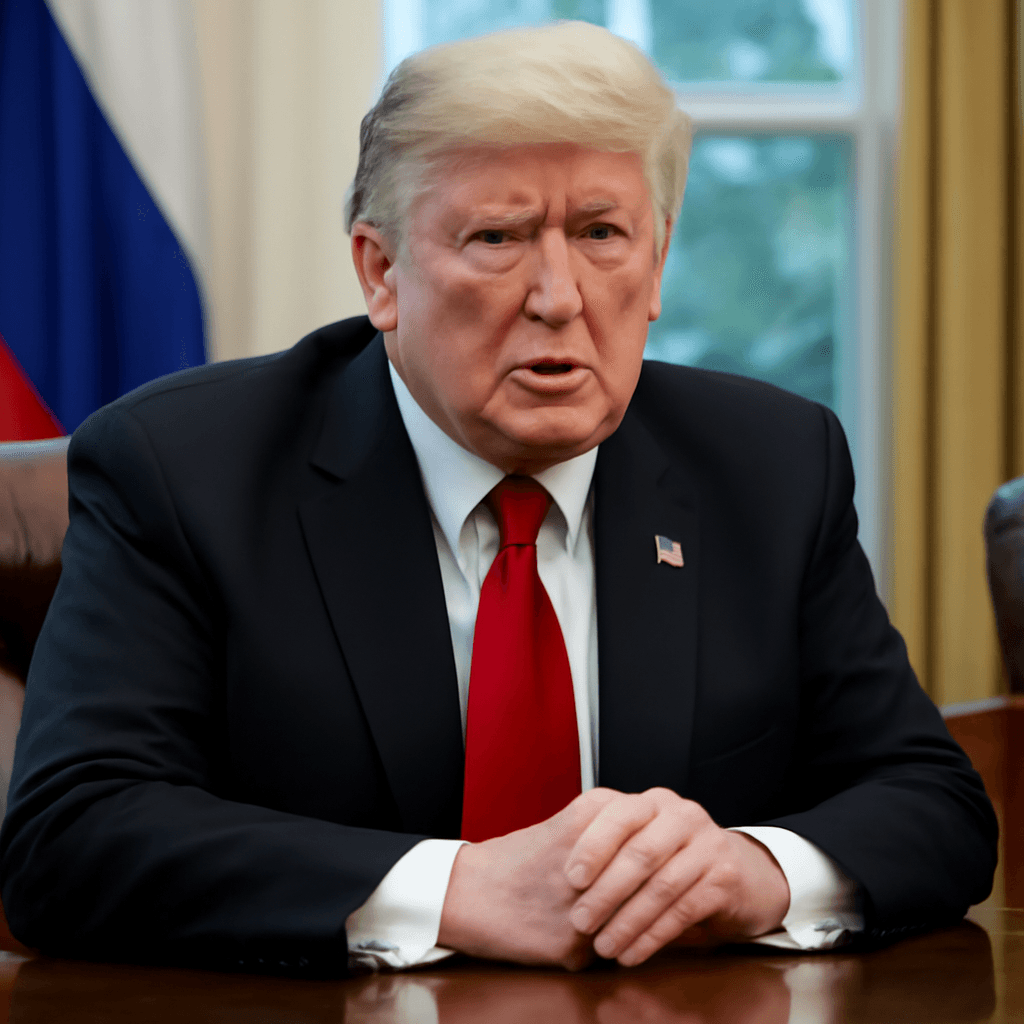US Imposes 35% Tariff on Bangladeshi Goods Starting August 1, 2025
In a significant escalation of trade tensions, former US President Donald Trump has issued a stern warning to Bangladesh, announcing a 35% tariff on all Bangladeshi products entering the United States effective August 1, 2025. The announcement came through a letter addressed to Bangladesh's Chief Advisor, Muhammad Yunus, dated July 7, 2025.
Trade Deficit Cited as Primary Concern
Trump’s letter underscores the persistent and growing trade deficit between the United States and Bangladesh as the main motivation behind the tariff imposition. He attributes the imbalance to what he describes as Bangladesh’s “Tariff, and Non Tariff, Policies and Trade Barriers,” which, according to the letter, have created an uneven playing field undermining fair trade practices.
Details from the Letter
In his letter, Trump emphasized the US commitment to its trading relationship with Bangladesh but insisted that progress requires more balanced trade. He states:
“Starting on August 1, 2025, we will charge Bangladesh a Tariff of only 35% on any and all Bangladeshi products sent into the United States, separate from all Sectoral Tariffs.”
He also warned that goods transshipped to evade this tariff will be subjected to higher penalties. Notably, Trump left room for cooperation by offering the option for Bangladeshi companies to circumvent tariffs by establishing manufacturing within the United States, promising expedited approvals.
Economic and National Security Rationale
The letter makes a rare explicit link between trade imbalance and national security, a narrative increasingly common in US trade policy discourse:
“This Deficit is a major threat to our Economy and, indeed, our National Security!”
This framing suggests the US views the trade deficit not merely as an economic concern but as a matter directly tied to strategic interests.
Context and Implications for Bangladesh-US Trade Relations
Bangladesh’s position as a major garment and textile exporter to the US market means the 35% tariff will likely have significant repercussions for its economy, which heavily depends on exports to the United States. Analysts warn this move could disrupt supply chains, increase prices for American consumers, and potentially provoke retaliatory trade measures.
Historically, Bangladesh has benefited from preferential trade access under various US trade programs, but the letter hints that continued benefits hinge on reforms in Bangladesh’s own tariff and non-tariff barriers. This raises critical questions about the future openness of Bangladesh’s markets and willingness to engage in US demands.
Expert Insight
Trade policy expert Dr. Linda Chen from Georgetown University remarked, “This move is emblematic of a broader shift towards protectionism and economic nationalism, prioritizing domestic manufacturing and trade balance over globalization. For Bangladesh, navigating these tariffs will require both diplomatic engagement and economic diversification.”
Unanswered Questions and Regional Ramifications
- How will Bangladesh respond diplomatically and economically to the tariff imposition?
- Will Bangladesh seek to accelerate manufacturing partnerships within the US to avoid tariffs?
- Could this lead to a wider trade conflict impacting South Asian trade dynamics?
- What role will other trading powers, such as China or the EU, play in this evolving trade landscape?
Economically, this policy could push Bangladesh to reassess its trade priorities and diversify export markets beyond the US.
Looking Ahead: Potential for Negotiation
Trump’s letter hints at the possibility of revising tariff rates contingent on Bangladesh reducing its trade barriers. This conditionality signals potential pathways for negotiation, suggesting that trade diplomacy, rather than pure economic coercion, remains a viable strategy for both nations to achieve a more balanced trade relationship.
Conclusion
The announcement of a 35% tariff represents a major inflection point in US-Bangladesh trade relations. It starkly illustrates the increasing intertwining of trade policy with national security rhetoric and reflects ongoing global shifts towards protectionist measures amid complex economic interdependencies.
Editor’s Note
This development raises critical considerations for policymakers, businesses, and consumers alike. Will Bangladesh pursue conciliatory reforms to regain tariff-free access? How will American importers and consumers feel the impact of higher prices? More broadly, what does this say about the future of global trade as nations wrestle with balancing economic interests and strategic security concerns? As the deadline approaches, all eyes will remain on the unfolding trade dynamics between these two important economic partners.

